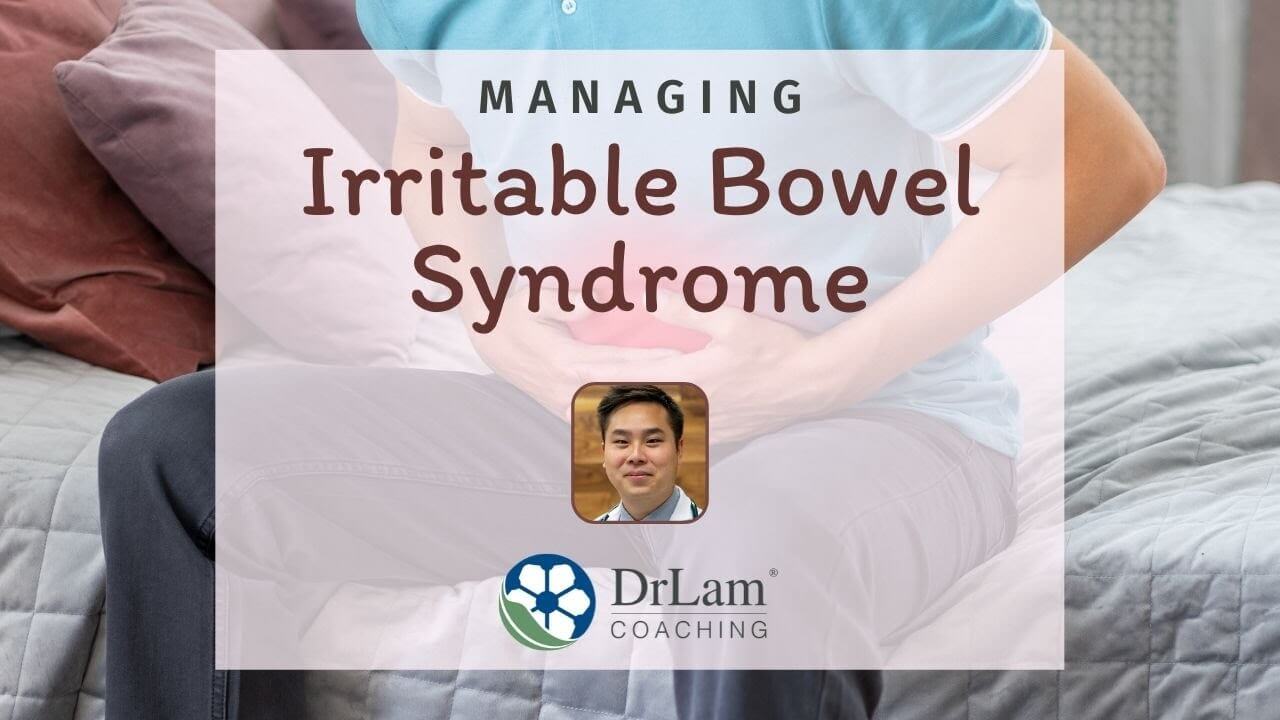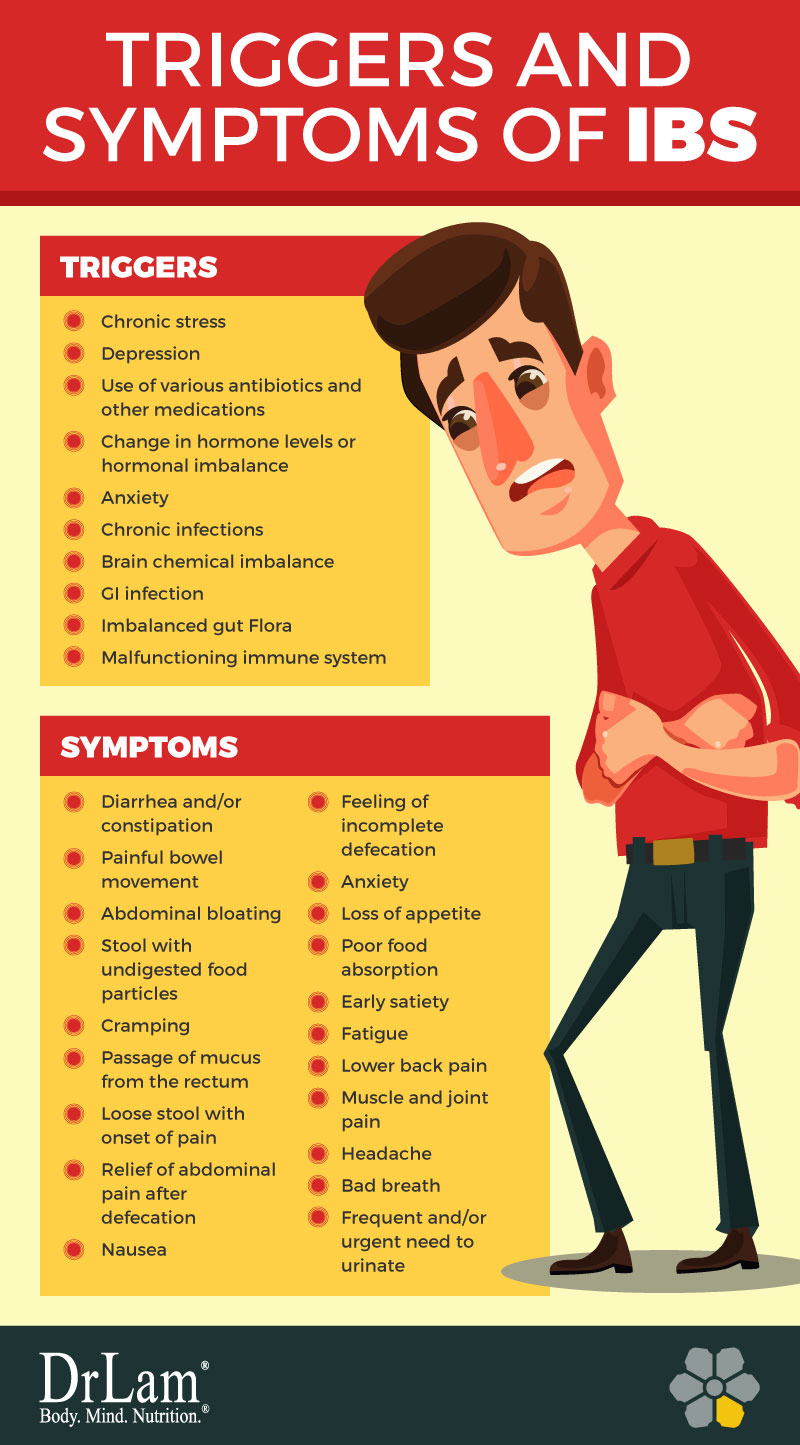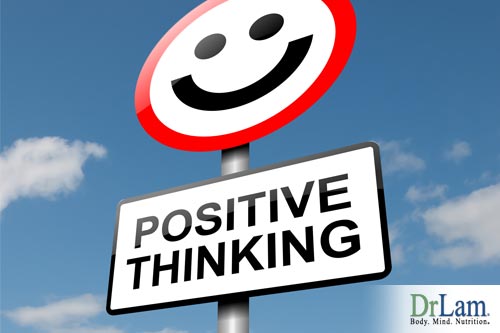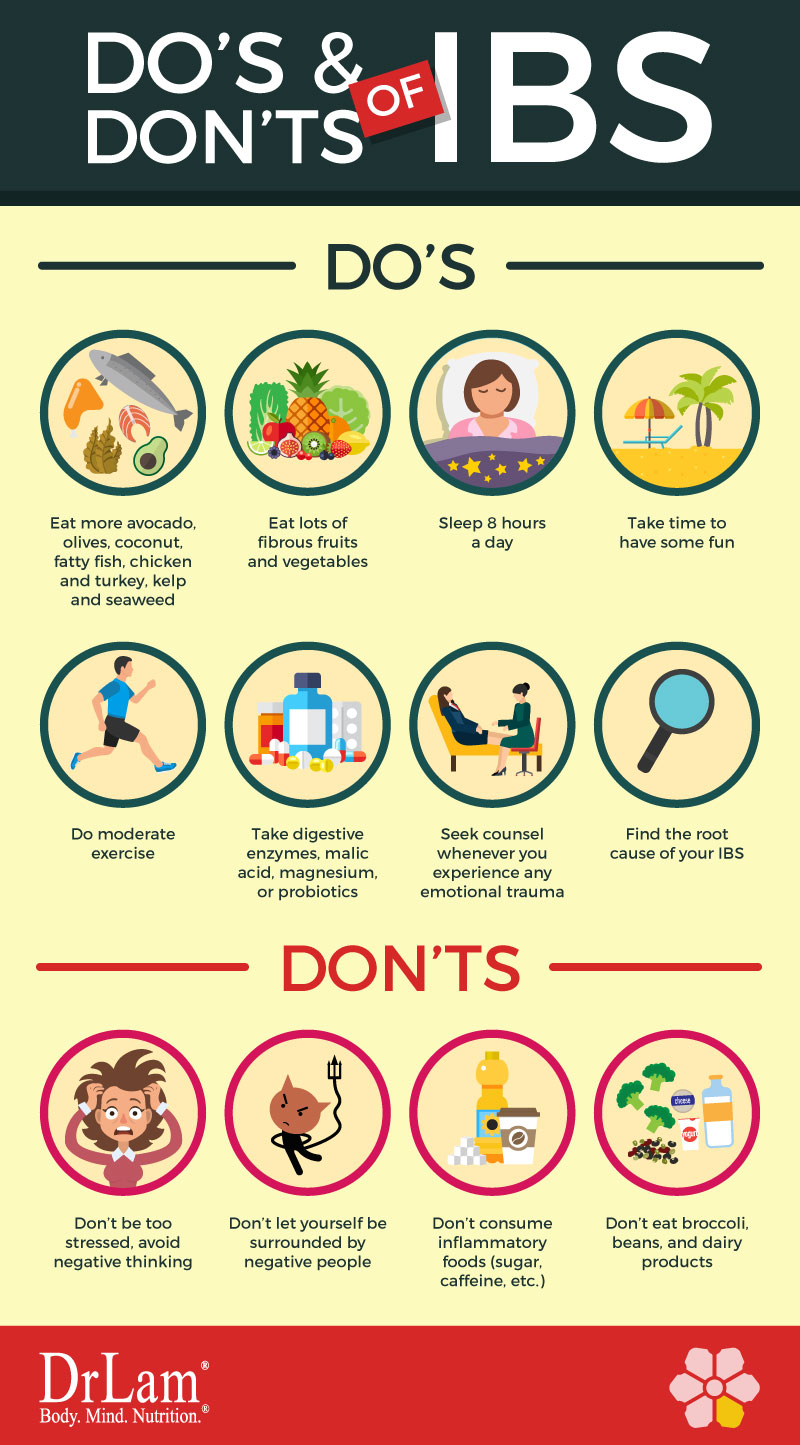
 It is believed that up to twenty percent of the American population have Irritable Bowel Syndrome (IBS), and of these, the majority are women. It is one of the most common issues affecting your gastrointestinal tract. The condition has a number of symptoms that usually involve intestinal discomfort along with diarrhea or constipation. In some cases, alternating bouts of diarrhea and constipation may occur.
It is believed that up to twenty percent of the American population have Irritable Bowel Syndrome (IBS), and of these, the majority are women. It is one of the most common issues affecting your gastrointestinal tract. The condition has a number of symptoms that usually involve intestinal discomfort along with diarrhea or constipation. In some cases, alternating bouts of diarrhea and constipation may occur.
There is strong evidence to suggest a connection between IBS and Adrenal Fatigue Syndrome (AFS) because both conditions could occur at the same time.
IBS is a bowel dysfunction that can play out in numerous ways for various reasons. Your body is not very stable and from time to time, you may feel that there is discontent in your gastrointestinal (GI) system. The GI tract is not “happy”. Sometimes it will be diarrhea, sometimes it will be constipation, but the general trend is more towards constipation for most of those who are in the advanced stages of Adrenal Fatigue Syndrome (AFS) when the body starts to metabolically slow down to conserve energy for survival.
As your body slows down, the gut motility slows down as well. When the gut motility slows down, food tends to stay in the gut longer with increased transit time. Your body will automatically go into constipation mode rather than diarrhea mode. This is interesting because, when dealing with both IBS and AFS, you may experience consistent constipation intermittently accompanied by diarrhea, especially when you are under stress. Most times, it is a mild form of persistent constipation that does not get better by itself. Although IBS does not pose a serious threat to health, it can have adverse effects on your quality of life.
 Although the main cause of Irritable Bowel Syndrome is unknown, certain factors appear to play a role in the development of this condition. A serotonin imbalance and recent history of heightened stress are known factors. Commonly associated with IBS is an imbalance in the level of serotonin in your body, as well as a recent history of heightened stress. Common IBS triggers include the following:
Although the main cause of Irritable Bowel Syndrome is unknown, certain factors appear to play a role in the development of this condition. A serotonin imbalance and recent history of heightened stress are known factors. Commonly associated with IBS is an imbalance in the level of serotonin in your body, as well as a recent history of heightened stress. Common IBS triggers include the following:
This is where we can really take a deeper look at how AFS and IBS are linked, as many of these above triggers of IBS are also triggers of adrenal fatigue, and some of them can be a result of adrenal fatigue.
The main cause of AFS is chronic stress. But this stress is not only psychological in nature. In fact, physical stress is a bigger culprit than psychological stress when it comes to adrenal fatigue. Eating an unhealthy diet, regularly eating foods you are sensitive to, being exposed to toxins, getting recurring infections, the overconsumption of alcohol, the overuse of certain medications, gut dysbiosis, and having another chronic condition are all heavy stressors on the body.
When your body is facing any of the above for a prolonged period of time, your adrenal glands have to overwork to produce cortisol, your body’s main anti-stress hormone, in order to deal with this stress. And, after a while, they become exhausted and their cortisol output drops.
Stress and the subsequent cortisol dysregulation are the key connections between AFS and IBS. In the beginning stages of adrenal fatigue, cortisol levels rise, and this increase brings about the symptoms of AFS. And in the later stages of AFS, when cortisol is very low, these symptoms can become quite severe.
Some of the symptoms of adrenal fatigue include gastrointestinal disruptions, such as constipation and diarrhea as mentioned previously. But they also include issues such as increasing food and drug sensitivities, which means that you are less able to tolerate foods you once could handle, irritating your bowels and causing digestive issues that can resemble, or aggravate, IBS.
Another link between cortisol dysregulation and IBS is that cortisol, if it is not maintained in the healthy range, can trigger or aggravate inflammation, and inflammation is at the heart of IBS, if not most gastrointestinal problems. In fact, chronic inflammation can be said to be the underlying cause of many chronic diseases, and it is where we must look to first when thinking about recovery from such conditions.
On the other side of the equation, having digestive issues, especially ones as debilitating as IBS and its symptoms, can become a huge stressor on the body. And since IBS is usually not diagnosed early on and, for the most part, doesn’t have a proper recovery protocol in mainstream medicine, sufferers have to endure it for years on end, which can pressure and exhaust their minds and bodies.
It is no surprise, then, that IBS often leads to adrenal fatigue. In fact, gastrointestinal problems, in general, can often lead to AFS, and taking care of digestive health is paramount in adrenal fatigue recovery.
And since adrenal fatigue and IBS share many common stressors, addressing those must be a priority if you are to regain your health and wellbeing. And the first step of any recovery plan is to first know what your exact health issues are.
Generally speaking, healthcare practitioners look for these symptoms when diagnosing IBS. Please remember that not everyone has all these symptoms.

Once again, please note that periods of alternating diarrhea and constipation are not uncommon in IBS. Bloating and gassiness tend to pass once you have had a bowel movement.
Women tend to have an increase in IBS symptoms around their menses, with menopausal women showing fewer symptoms overall. Men, generally speaking, have similar symptoms as women although fewer report the problem or seek help in addressing the issue.

Once the possibility of IBS has been determined, blood tests may follow. This is because other conditions may have similar symptoms. These tests, designed to determine whether any of these other conditions are present. If they show a negative, your chances are good that you have IBS.
These tests include:
There is no current cure for IBS. The focus is on treating the symptoms and improving quality of life. Milder symptoms can successfully be controlled by making dietary and lifestyle changes while avoiding trigger foods. You should also get enough of the right kind of exercise and sleep and remember to keep hydrated.
The following may help you manage IBS:
 Try avoiding or limiting your exposure to your stressors.
Try avoiding or limiting your exposure to your stressors.Although IBS has no known cure, there is much you can do to manage the condition and make life more comfortable.
If suffering from IBS, please do remember the following:
If you would like to know more about Irritable Bowel Syndrome (IBS) or need some assistance in addressing the issue, the team at Dr. Lam Coaching can help. We offer a free** no obligation phone consultation at +1-626-571-1234 where we will privately discuss your symptoms and what your options are. You can also send us a question through our Ask The Doctor system by clicking here

